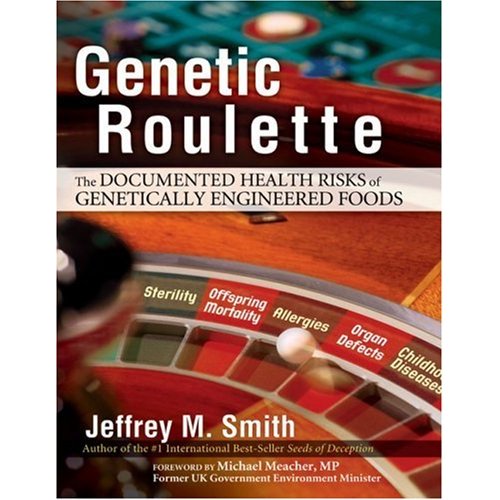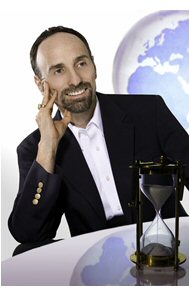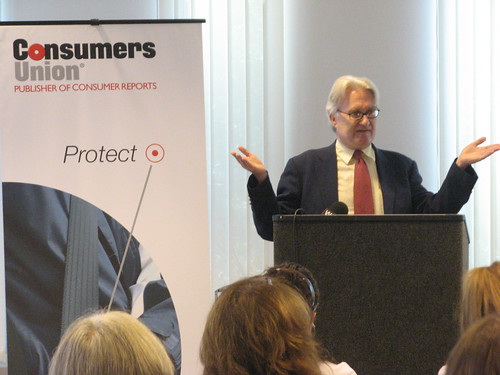Did you catch Michael Klare's talk on extreme oil? It is part of the Minerva course called " Oil: A World in Short Supply". Below you can get a quick look at some of his ideas.
On May 11 Michael Klare, Five Colleges Professor of Peace and World Security Studies at Hampshire College, came to Union to speak about the era of extreme energy, America’s continued reliance on foreign oil, planning green cities, and rethinking what the good life means in society today. His talk was entitled “The Perils of Extreme Oil: Extractive Strategies in the Twilight Era of Petroleum”.
Klare described how the world’s energy demand will rise by 50% in the next twenty-five years with much of the world depending on the oil coming from Saudi Arabia. He talked about the obstacles of relying on other sources of energy such as the mounting evidence of risks with drilling for shale, the growing environmental effects of extracting coal, and the shaky future of nuclear power. More and more energy will come from extreme energy options like the in Arctic, from deep water sources, from politically hostile environments, and from war zones. The United States has increased imports from Canada and Nigeria. This is problematic because the tar sands from Canada are dirty, pollute drinking water, and release more CO2 emissions than oil combustion. Then there is the reliance on Nigerian oil which pollutes the water in the Niger River Delta and promotes military violence. Three wars have resulted from reliance on oil extracted from the Persian Gulf. There will start to be competition for oil in which countries like China are willing to use military power to take control over the resource. There is no way to make oil safe; society must make a major transformation that requires a rethinking of what the good life means. This talk was certainly worthwhile. Klare is a knowledgeable and fiery speaker.
















































